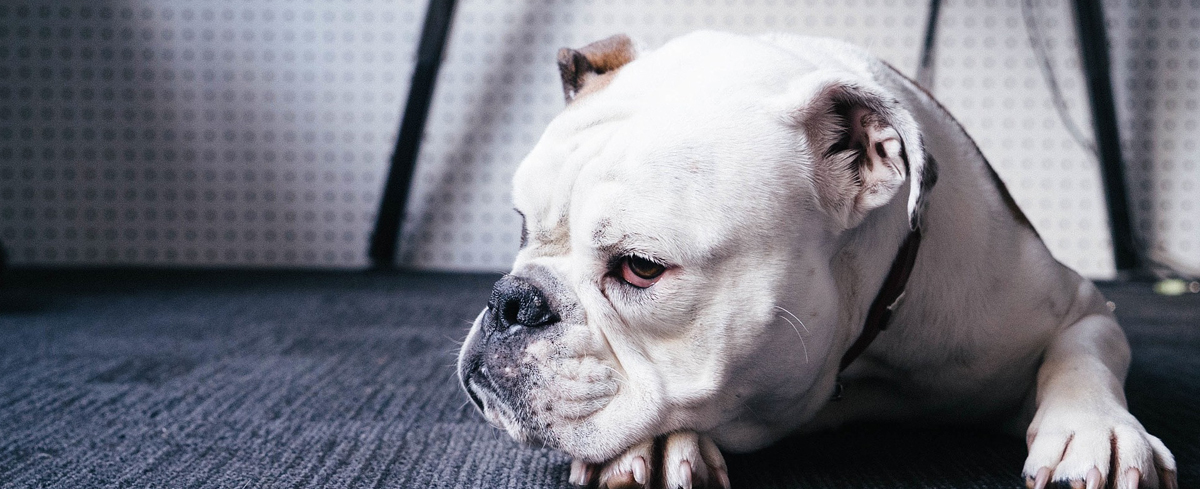15 August 2016: Animals deal with dangers when they occur. And once it's over they don't think about it anymore. They don't ruminate about potential future dangers either, or get wound up imagining them. Unlike us. In contrast to animals we have the ability to think, and what's more we perceive and react to thoughts as if they were the realities they represent. Therefore when we suffer it is much more often in response to our thoughts and internal imagery than to real immediate threats in our environment.
Wallowing in painful thoughts can be quite addictive. Once we are trapped we immerse ourselves fully, fusing more and more with those thoughts. Trying to struggle with them or analyse them only gets us in deeper. We are becoming 'lost in thoughts' – but not in a good way.
When we fuse with our thoughts we basically respond to them as if they were the things they signify. So in the case of stressful events of the past or in the future, those feel as if they would really happen – over and over again. Bringing a lot of unnecessary distress and pain.
Often we fool ourselves and call it “thinking things through” or “taking stock”. But worrying is not looking at something objectively. It is not gauging all options rationally like one would in proper problem-solving. When worrying we are more likely to narrow our attention to catastrophic outcomes or to how unfair others treated us or to things we cannot change or to things that might not even happen.
Worried rumination is basically negative self-hypnosis: being completely engrossed in the worst-case scenarios or traumatic experiences we are imagining or literally reliving.
Prolonged worry reduces the quality of life and costs effort and energy which is robbed of other areas. It leads to emotional exhaustion and physical fatigue.
Negative thoughts and feelings are a normal part of life and it is best not to suppress or fight them, as they will fester and return with a vengeance. If we accept these thoughts and feelings as a natural part of our experience, we can better manage to live with them. That will minimise their impact on our ability to function.
Additionally realising that these negative thoughts and feelings are just activities we are doing, just events in our minds and hearts, can enable us to distance ourselves from them and stop perceiving them as events that are actually happening right now.
Once familiar with this concept try to experiment with diffusing from your thoughts. Take a step back. Watch them coming in and going out of your consciousness as a passive observer. Experience that thoughts are transient. See them as mere hypotheses rather than facts. This can lead to a greater sense of freedom, to more psychological flexibility, to less stress and pain.
Do it like the dog.
last edited:
